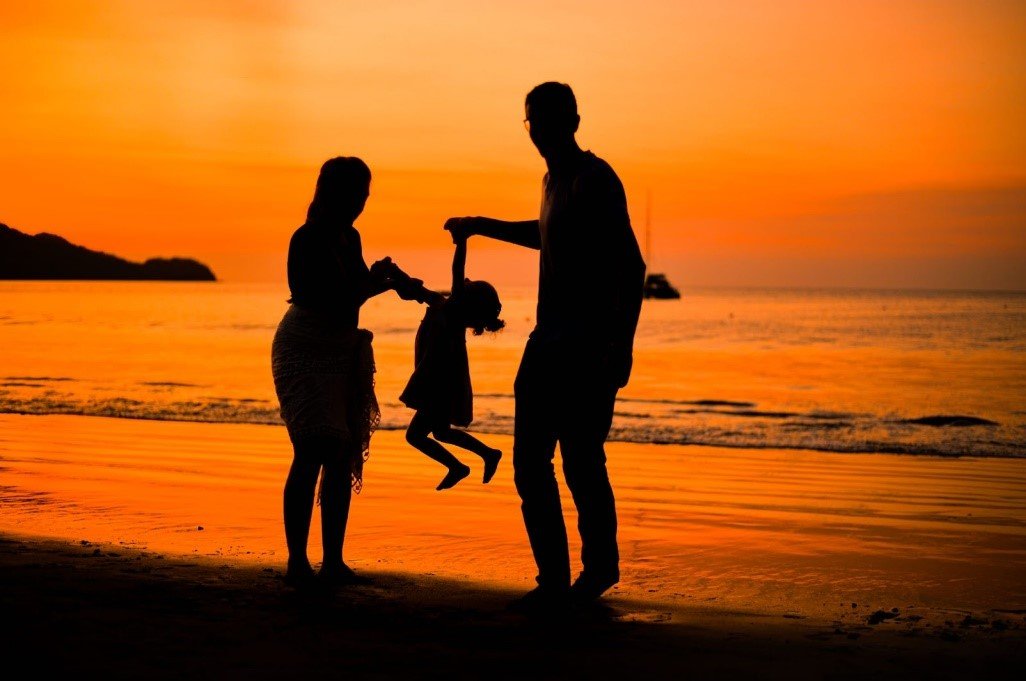How to Stop Living Like You're in Survival Mode
That feeling when you’re always on the go but never really feel grounded?
That's survival mode. This is when your nervous system stays on high alert despite no immediate danger.
For many survivors of childhood sexual abuse, this hypervigilance isn’t just mental. It’s physical. Instinctive.
Your body learned early to scan for threats, to stay ready. What once kept you safe now keeps you exhausted.
At Defying the Odds Now, I understand this pattern and am here to support you in gently shifting out of it.
The Signs of Survival Mode
Survival mode does not declare itself. It whispers. Here's what it might sound like:
Everything just feels urgent—even choosing what you want to have for lunch
Your body feels tired but your mind won't stop racing
Joy feels frivolous or somehow unsafe
You plan for disasters more than dreams
Rest feels impossible because stillness brings up feelings you'd rather avoid
You're hyperaware of everyone else's moods and needs
These patterns are especially familiar to survivors whose early environments were unsafe.
If your nervous system had to become your shield, it doesn’t easily lower its guard.
The Weight of Always Being Ready
Living in survival mode rewires how you move through the world:
Your nervous system stays flooded with stress hormones
Decision-making becomes overwhelming because everything feels high-stakes
Relationships suffer when you're operating from depletion rather than connection
Your body carries tension that feels impossible to release
The future seems either too daunting or too good to be true
Learning to Trust Quiet Moments
The way out isn't forceful. It’s slow. Gentle. Almost quiet itself.
Start small.
Notice your breath without trying to change it
Feel your feet on the ground for just a moment
Allow yourself to take up space in your own life
Practice the radical act of moving slowly
Know that it's your right to rest.
Sleep becomes non-negotiable, not selfish
Create small pockets of calm throughout your day
Please say no to what drains you with no explanation or guilt
Keep in mind that healing comes in stillness, not constant motion
Address What Lives Beneath: Getting Professional Support
Survivors of childhood sexual abuse are hypervigilant because their nervous system was taught to anticipate danger everywhere, including in the people who were supposed to protect them.
This is sacred work that deserves sacred support.
As a trauma-informed coach, I understand this professionally and personally.
Through coaching, I allow survivors to discuss what it might mean to be safe in their bodies and lives.
My approach recognizes that healing from childhood sexual abuse is about learning to live with yourself more comfortably, reconnecting with some of the aspects of yourself that went into hiding, and finding out that safety can be made rather than wished upon.
To those who are prepared to immerse themselves in this work further, my retreat experiences give you a special opportunity, time, and space where you may focus only on your healing.
When Life Feels Like Home Again
Moving out of survival mode is about remembering who you were before you had to become so strong. Here's how that looks:
Your body begins to feel like home rather than a place you're temporarily visiting
Happiness doesn't feel dangerous anymore
You can be present for good moments without waiting for the other shoe to drop
Relationships deepen when you're not constantly scanning for threat
Your energy goes toward creating rather than just surviving
You trust your own feelings of what is safe and what is not safe
This takes time. Time to pause. Time to soften. Time to let the terrified parts of you feel heard.
You don't have to stay ready for danger that isn't coming.
You deserve to take up space, to rest, to feel joy without looking over your shoulder.
Defying the Odds Now offers specialized support for survivors ready to reclaim their lives.
Book a 30-minute discovery call with me today.
FAQs
Is it normal to feel guilty about slowing down?
Absolutely. Hypervigilance can be part of responsibility, at least to the survivor. It is natural to feel guilty when learning to rest, but this is a part of the process.
How to understand that I need the assistance of professionals?
When survival mode has started interfering with how you relate to others, your work, or your ability to carry out daily activities, or if you are a victim of childhood trauma, professional guidance is very helpful.
Will I ever be totally safe?
Safety is not a place but a practice.
You'll likely find moments of genuine peace. They will gradually become longer and more frequent.
